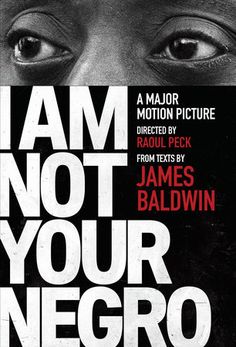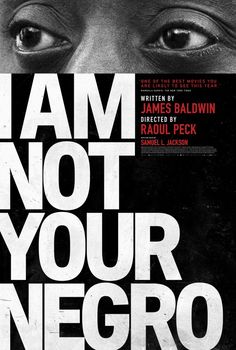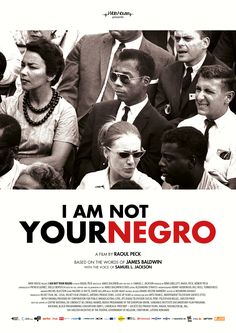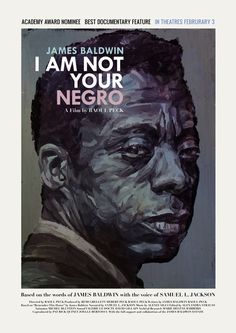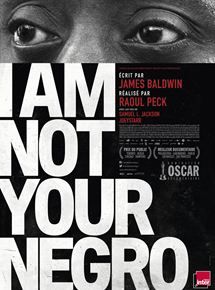In 2016, Peck's documentary film I Am Not Your Negro premiered at the 2016 Toronto International Film Festival, where it won the People's Choice Award in the documentary category. Shortly after, Magnolia Pictures and Amazon Studios acquired distribution rights to the film. It was released in the US for an Oscar-qualifying theatrical run on December 9, 2016, before re-opening on February 3, 2017. It received an Oscar nomination for Best Documentary Feature for the 89th Academy Awards but the award ultimately went to Director Ezra Edelman for OJ Simpson: Made in America.


